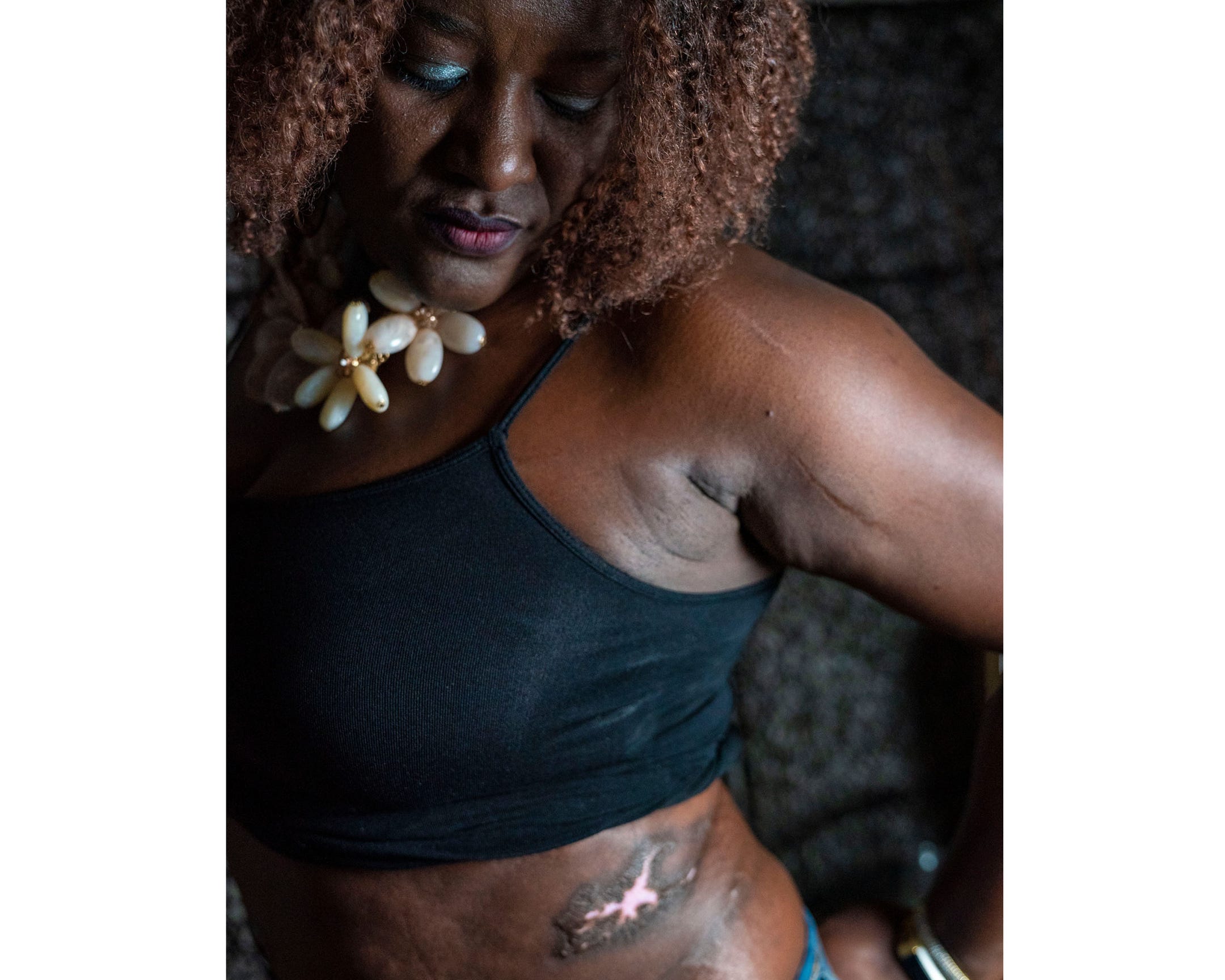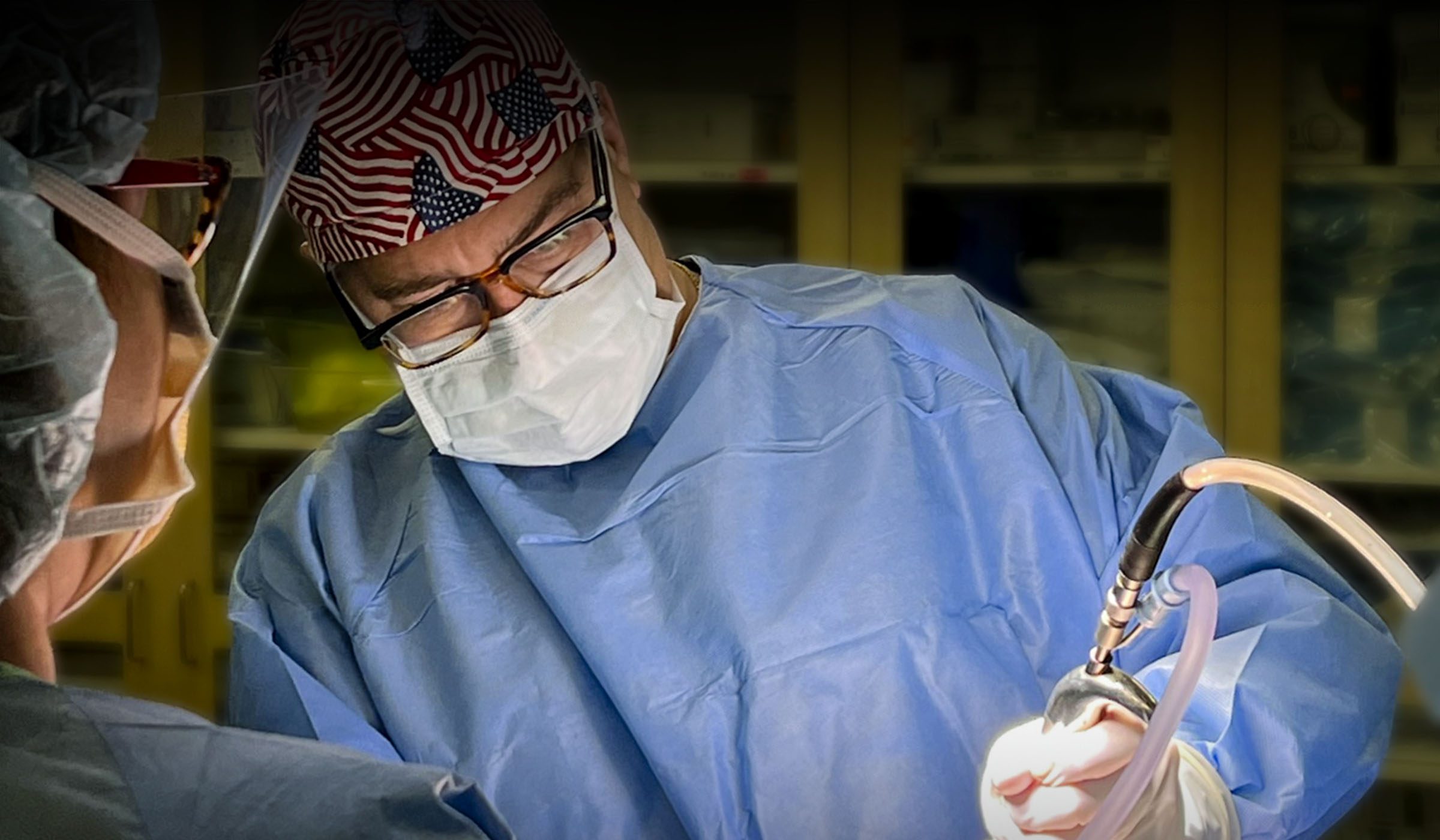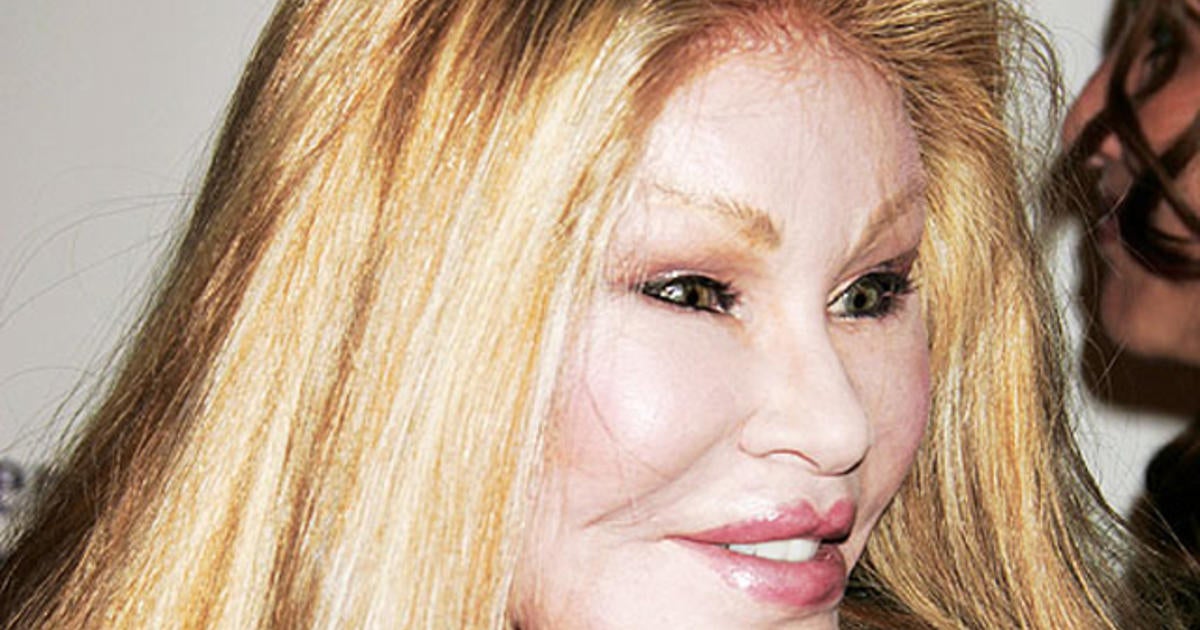Plastic Surgery Inland Empire: Trusted Experts for Magnificent Aesthetic Outcomes
Plastic Surgery Inland Empire: Trusted Experts for Magnificent Aesthetic Outcomes
Blog Article
Checking Out the Mental and Social Elements That Drive People to Take Into Consideration Plastic Surgery as a Method of Improvement
The choice to go after cosmetic surgery typically expands beyond plain looks, linking with social and mental dynamics that merit extensive examination. Factors such as self-worth, pervasive societal charm standards, and the pervasive impact of social media sites assemble to shape specific inspirations for surgical improvement. As these influences come to be significantly famous, comprehending the underlying emotional and cultural contexts is vital. What continues to be to be discovered is the profound impact these aspects have not just on personal identity but likewise on more comprehensive societal standards and worths surrounding charm and approval.
The Duty of Self-confidence
Self-confidence significantly affects a person's choice to go after cosmetic surgical procedure. People with low self-worth typically view themselves in an adverse light, leading to sensations of insufficiency regarding their physical look. This adverse self-perception can drive them to look for medical treatments as a technique of improving their self-image. The wish for renovation in one's look is frequently connected to a belief that such modifications will elevate their total self-respect and self-confidence.

Eventually, the role of self-confidence in the decision-making process pertaining to plastic surgery highlights the complex interaction between body photo, individual complete satisfaction, and psychological health. Recognizing this connection is essential for medical care experts to ensure that individuals are making informed choices rooted in practical expectations and emotional wellness.
Social Appeal Requirements
Influenced by pervasive media portrayals and social narratives, societal elegance requirements play a vital role in shaping people' understandings of their own bodies. These standards are usually identified by an idealized form of appeal that stresses qualities such as symmetry, slimness, and youthful vigor. As these ideals are continued through various channels, including advertising, tv, and movie, people frequently internalize these messages, resulting in frustration with their natural appearance.
The effects of these societal norms expand beyond aesthetic choices; they can affect self-worth, psychological health, and interpersonal relationships. People who regard themselves as disappointing these standards may experience sensations of inadequacy, motivating a desire for plastic surgery as a way of attaining social authorization. This search is typically sustained by the belief that adapting these perfects will enhance not only physical look however also social standing and personal fulfillment.

Impact of Social Media
The effect of social appeal criteria is additional amplified by the increase of social media platforms, where curated pictures and idealized representations of appeal are ubiquitous. Users are continuously subjected to filtered and edited photos, which frequently portray unattainable physical qualities. This direct exposure cultivates a culture of comparison, leading individuals to evaluate their own look versus these often unrealistic benchmarks.
Social network influencers and stars often advertise aesthetic procedures, normalizing the notion that medical improvements are a sensible methods for attaining social perfects (plastic surgery rancho cucamonga). The presence of these improvements can produce an understanding that undertaking plastic surgery is a standard practice, therefore affecting individuals to take into consideration comparable treatments as a pathway to improved self-worth and social acceptance
Furthermore, the interactive nature of social networks enables immediate responses with sort and remarks, even more enhancing the desire to comply with prominent appeal standards. Such interactions can intensify sensations of insufficiency and drive individuals towards cosmetic surgical treatment as a way of acquiring recognition. Eventually, social media plays an essential role in shaping perceptions of elegance, which substantially affects the decision-making procedures surrounding plastic surgery.

Social Point Of Views on Appearance
Across numerous societies, understandings of look are deeply rooted in historical, social, and economic contexts, shaping people' views on beauty and desirability. In lots of societies, appearance acts as a substantial marker of identity, affecting social standing, expert opportunities, and individual connections. For instance, in some cultures, light skin is typically associated with wide range and advantage, while others might glorify darker skin tones as symbols of stamina and authenticity.
In addition, typical beauty criteria are commonly perpetuated via cultural narratives, media depictions, and family members affects, leading to varying perfects across various regions (plastic surgery rancho cucamonga). In Western cultures, the emphasis on young people and physical fitness often drives people toward cosmetic improvement, while in specific Eastern cultures, even more subtle adjustments aligned with conventional aesthetics might be preferred
Globalization and the expansion of electronic media have actually further complicated these characteristics, developing a hybridization of beauty perfects that transcends geographical limits. As people increasingly navigate these cultural stories, the stress to satisfy certain look standards can cause the need for plastic surgery, mirroring an intricate interplay of social worths and personal aspirations. Understanding these cultural point of views is essential in dealing with the motivations behind plastic surgery considerations.
Psychological Impacts of Cosmetic Surgical Treatment
Numerous people seeking plastic surgery record experiencing extensive mental effects that can substantially alter their self-perception and emotional discover this info here health - plastic surgery rancho cucamonga. The wish for physical improvement usually stems from underlying issues such as reduced self-worth, body dysmorphic problem, or societal pressures concerning beauty standards. For some, the prompt post-operative stage can result in a momentary increase in positive self-image and satisfaction with their look, cultivating a feeling of empowerment
Nonetheless, these favorable feelings may not be sustaining. Study suggests that while some people experience boosted self-worth, others might deal with heightened anxiousness or anxiety if their expectations are not fulfilled. This disparity can occur from impractical perfects continued by media representation and cultural stories surrounding appeal.
Moreover, the psychological implications of plastic surgery expand beyond the person. Relationships with household and buddies might be strained as social characteristics shift, causing sensations of isolation or alienation. Eventually, the emotional impacts of cosmetic surgical procedure are diverse and intricate, requiring cautious factor to consider by both potential clients and medical care companies to ensure informed decision-making and sensible expectations.
Final Thought
To conclude, the decision to pursue cosmetic surgical treatment is dramatically influenced by a combination of self-confidence concerns, social beauty requirements, and cultural viewpoints on appearance. The prevalent reach of social media additionally worsens these pressures, promoting unrealistic ideals that individuals usually make every effort to attain. Comprehending these mental and social variables is essential for dealing with the motivations behind plastic surgery, highlighting the requirement for a much more find out nuanced conversation surrounding beauty and self-acceptance in modern culture.
The choice to seek cosmetic surgical procedure often extends past plain aesthetics, linking with psychological and social characteristics that warrant detailed exam. Inevitably, social media plays a crucial duty in forming perceptions of beauty, which considerably impacts the decision-making processes bordering cosmetic surgical procedure.
As people increasingly browse these cultural stories, the stress to adjust to specific appearance standards can lead to the desire for cosmetic surgical procedure, reflecting a complicated interaction of individual ambitions and cultural worths.In final thought, the decision to pursue cosmetic surgical procedure is considerably affected by a mix of self-confidence issues, social charm criteria, and cultural perspectives on look. Comprehending these psychological and social elements is vital for addressing more info here the inspirations behind cosmetic surgical procedure, highlighting the requirement for a more nuanced discussion surrounding beauty and self-acceptance in modern culture.
Report this page